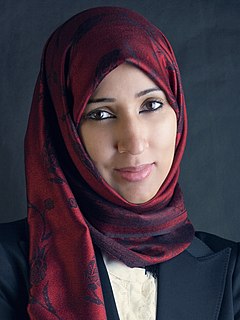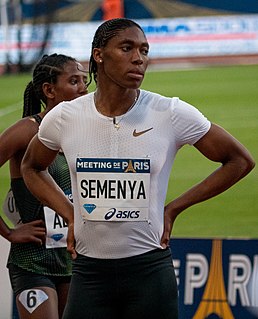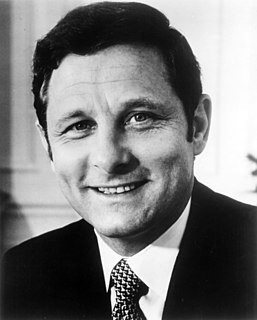A Quote by Daisaku Ikeda
The effects of human rights education can be dramatic in awakening people to the value and power of their own lives, as shown in the following stories.
Related Quotes
Human rights education is much more than a lesson in schools or a theme for a day; it is a process to equip people with the tools they need to live lives of security and dignity. On this International Human Rights Day, let us continue to work together to develop and nurture in future generations a culture of human rights, to promote freedom, security and peace in all nations.
So I found myself telling my own stories. It was strange: as I did it I realised how much we get shaped by our stories. It's like the stories of our lives make us the people we are. If someone had no stories, they wouldn't be human, wouldn't exist. And if my stories had been different I wouldn't be the person I am.
Thus, experience has ever shown, that education, as well as religion, aristocracy, as well as democracy and monarchy, are, singly, totally inadequate to the business of restraining the passions of men, of preserving a steady government, and protecting the lives, liberties, and properties of the people . . . . Religion, superstition, oaths, education, laws, all give way before passions, interest, and power, which can be resisted only by passions, interest, and power.
For loving, working, and creative people to throw off the yoke of power it is necessary to abolish power itself, not merely to make the yoke comfortable. Where some have power, others do not, and the two classes persist. A free society is where all have power-power over and responsibility for their own lives, power and reason to respect the lives of others. This is also a society without classes, a society of human beings, not rulers and the ruled.
Let's not use the term democracy as a play on words which is what people commonly do, using human rights as a pretext. Those people that really violate human rights [the West] violate human rights from all perspectives. Typically on the subject of human rights regarding the nations from the south and Cuba they say, "They are not democratic societies, they do not respect human rights, and they do not respect freedom of speech".
It's fairly obvious that American education is a cultural flop. Americans are not a well-educated people culturally, and their vocational education often has to be learned all over again after they leave school and college. On the other hand, they have open quick minds and if their education has little sharp positive value, it has not the stultifying effects of a more rigid training.
For us democracy is a question of human dignity. And human dignity is political freedom, the right to freely express opinion and the right to be allowed to criticise and form opinions. Human dignity is the right to health, work, education and social welfare. Human dignity is the right and the practical possibility to shape the future with others. These rights, the rights of democracy, are not reserved for a select group within society, they are the rights of all the people.
The Universal Declaration of Human Rights recognizes that 'if man is not to be compelled to have recourse, as a last resort, to rebellion against tyranny and oppression', human rights should be protected by the rule of law. That just laws which uphold human rights are the necessary foundation of peace and security would be denied only by closed minds which interpret peace as the silence of all opposition and security as the assurance of their own power.
We should not value education as a means to prosperity, but prosperity as a means to education. Only then will our priorities be right. For education, unlike prosperity is an end in itself. .. power and influence come through the acquisition of useless knowledge. . . irrelevant subjects bring understanding of the human condition, by forcing the student to stand back from it.






































